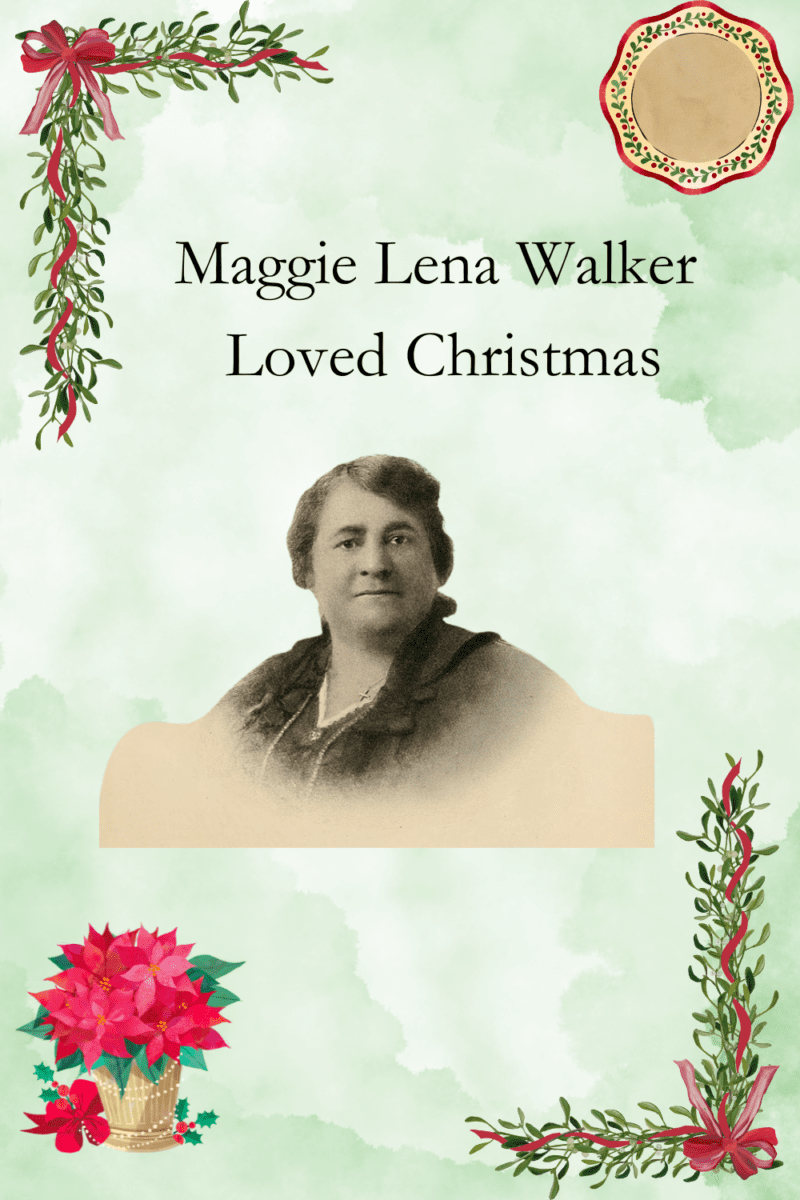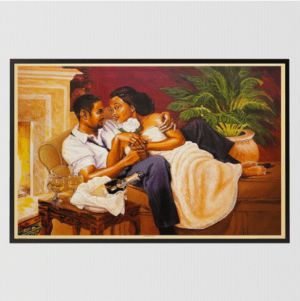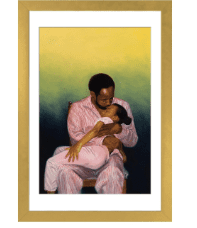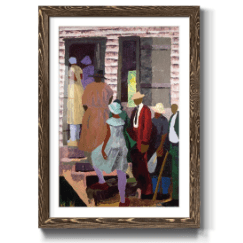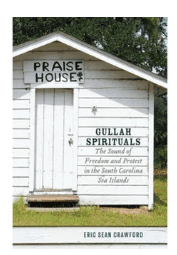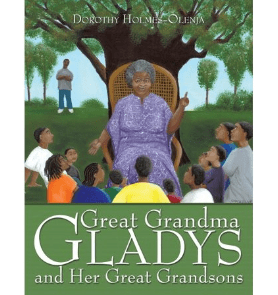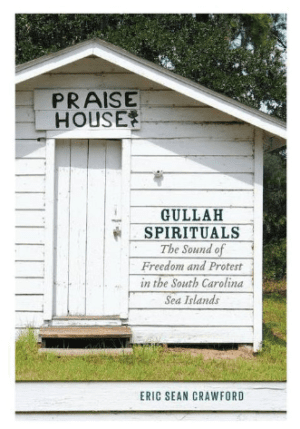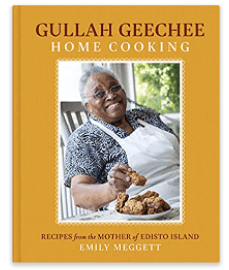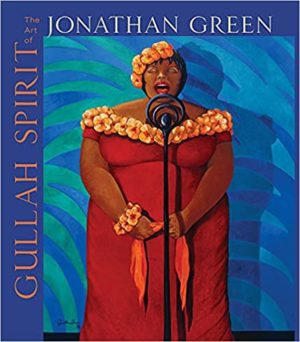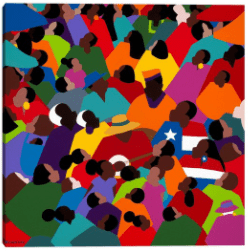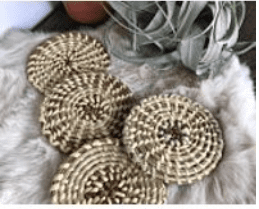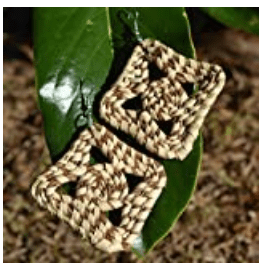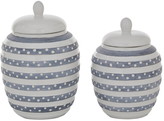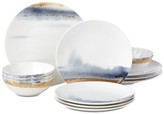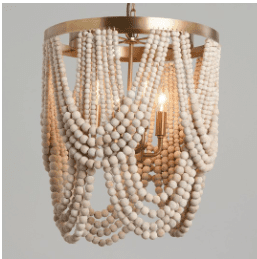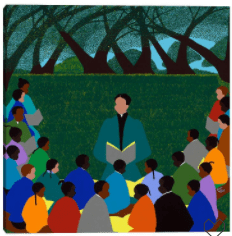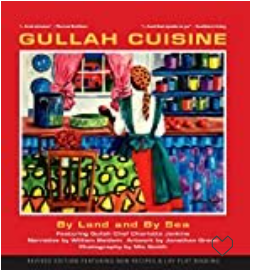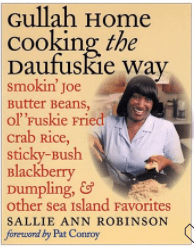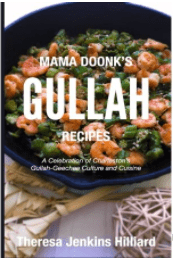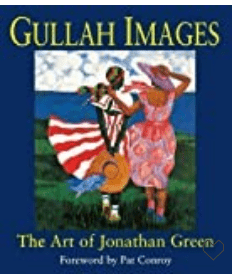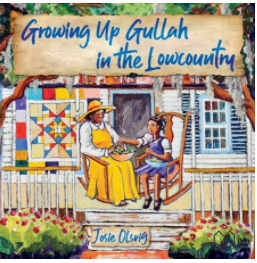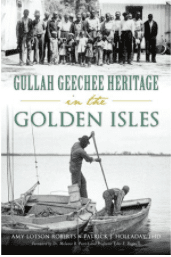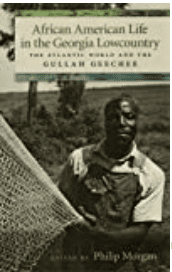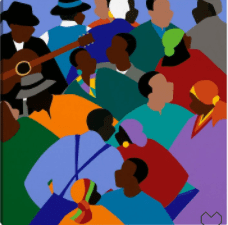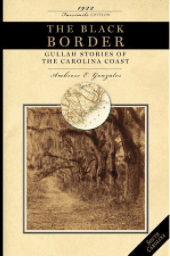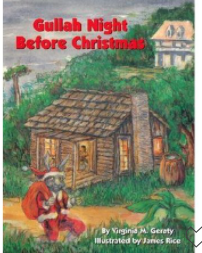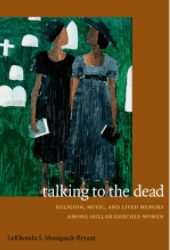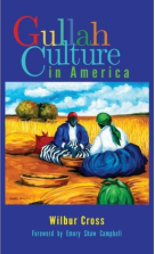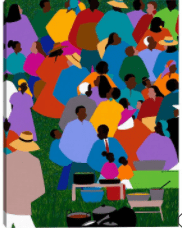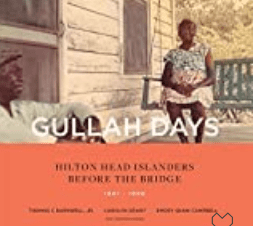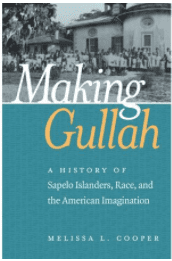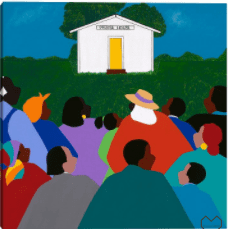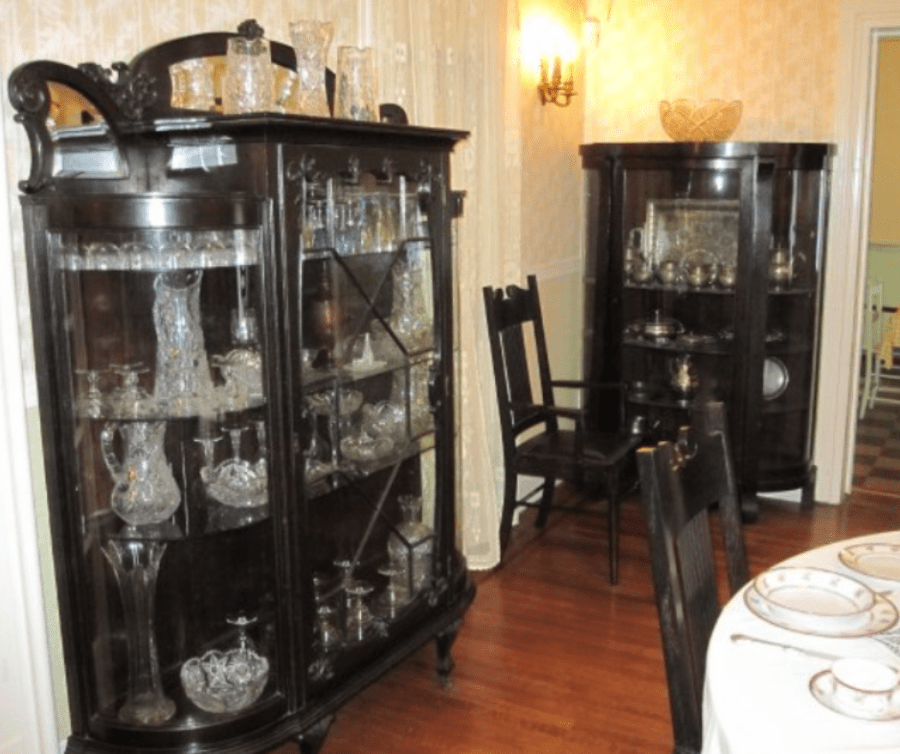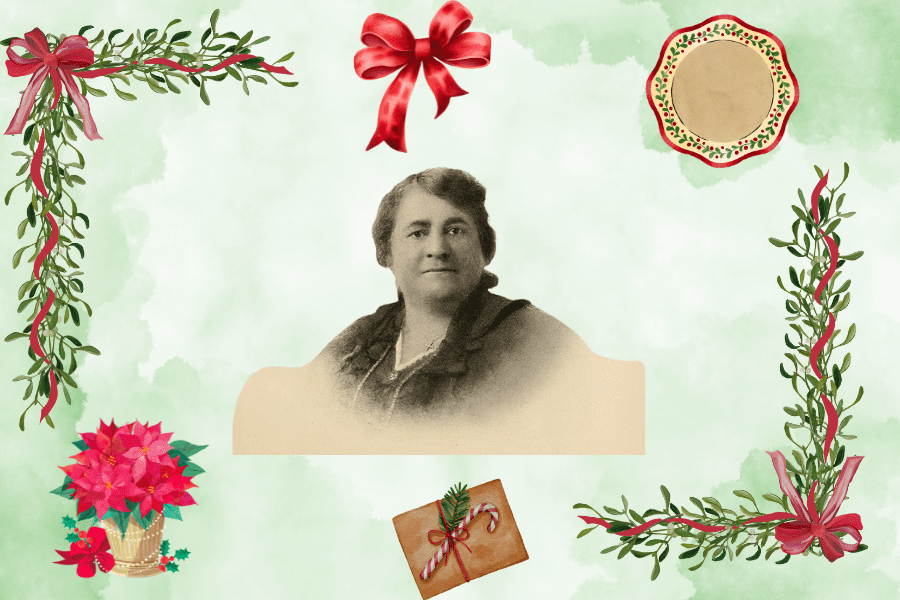

Maggie Lena Walker (Maggie Lena Draper Mitchell) loved Christmas. It was her favorite holiday, which has been well-documented in archived articles, books and by the National Park Service. This year commemorates her 160th birthday and the 90th anniversary of her passing on December 15, 1934.
Maggie Walker was the first Black woman to charter a bank and serve as a bank president in the United States. Not only did Maggie Lena Walker charter a bank, she also began a community and nationwide mutual aid society, a department store (with Black mannequins) and a newspaper. She had a rental property portfolio in Richmond. She was considered a true believer in the value of Black women, and was an employer of many through her various enterprises. All of her enterprises were the solutions to problems in the Black community.
As a young girl, she went to work to help support her formerly-enslaved mother, Elizabeth Draper Mitchell, and her younger brother after her step-father died tragically. Elizabeth was a cook and laundress for a prominent white family and Maggie assisted her with delivering laundry to clients in the city. She said, “I was not born with a silver spoon in my mouth, but a clothes basket almost upon my head.” (Stumbling Blocks, speech, 1907)
Marriage to an ambitious brick mason, Armstead Walker Jr., ended a brief stint as a school teacher. The couple would adopt a daughter, Polly Anderson, and have three sons Russell, Melvin and Armstead. Armstead, the middle son, died as an infant. The couple lived at 110½ East Leigh Street on a block known as Quality Row in Richmond, which is now on the National Register of Historic Sites and under the jurisdiction of the National Park Service. (You can view a gallery of her family here.)
The photo on the left is from the 1920s following an extensive renovation, and the photo on the right is a more recent photo of Maggie’s home. Credit: NPS
Maggie Walker’s Jackson Ward home was resplendent, and reflective of her community stature. While it was (and continues to be) beautiful, the most beguiling attribute would be its functionality as a ‘home,’ where extended family lived and were nurtured. The colors she chose and her furnishings reflect elegance and hospitality. As her health declined, Walker had an elevator installed in the house.
According to the NPS, “At one time, 13 people lived with Mrs. Walker! To accommodate them, she added 12 rooms during a major home remodeling in 1922.” Notable guests such as the poets Countee Cullen and Langston Hughes, the great thinker W.E.B. DuBois and her friend, Mary McLeod Bethune dined in the formal dining room.
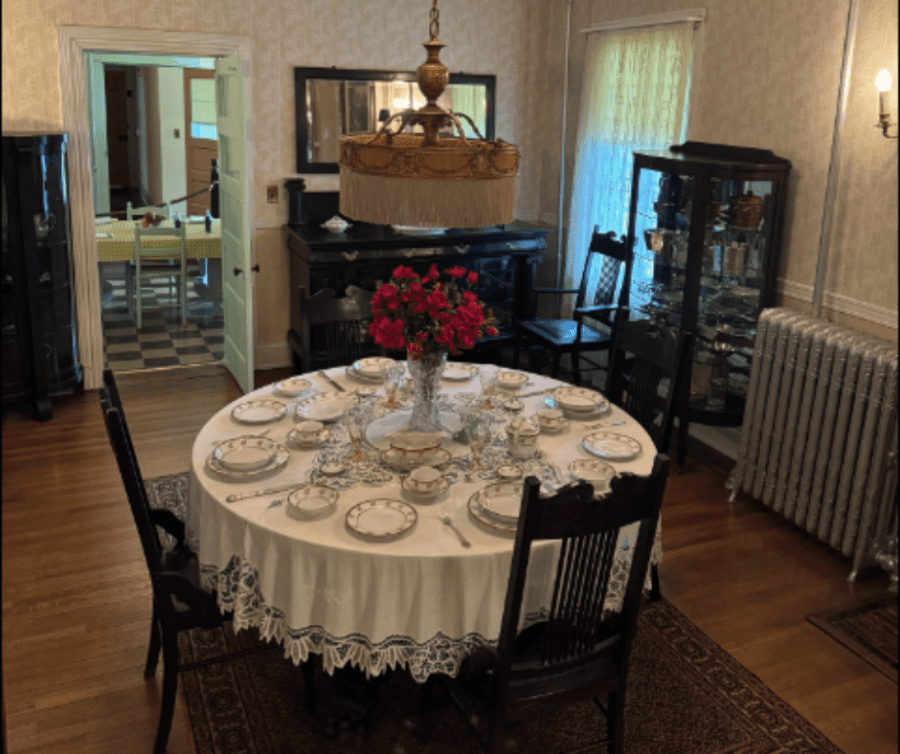
"Take like Thanksgiving, or Christmas and all that; there was a family get together at the homestead at 110. That’s why she [Maggie L. Walker] had that spacious dining room, and we’d have a big family reunion." - -Armstead Walker, Maggie L. Walker's grandson, speaking to the NPS in 1981 [credit MLW House, NPS Facebook]
Above, a photo of a cabinet in her dining room, which housed her extensive crystal collection. Below, a crystal fruit bowl, glassware collection, and china, Maggie L. Walker Historic Site

While there is so much more to Maggie L. Walker’s story, the part of her story that offers hope and inspiration centers her love for the Christmas season. Every first weekend in December, the NPS decorates the exterior and interior of her home in Richmond.
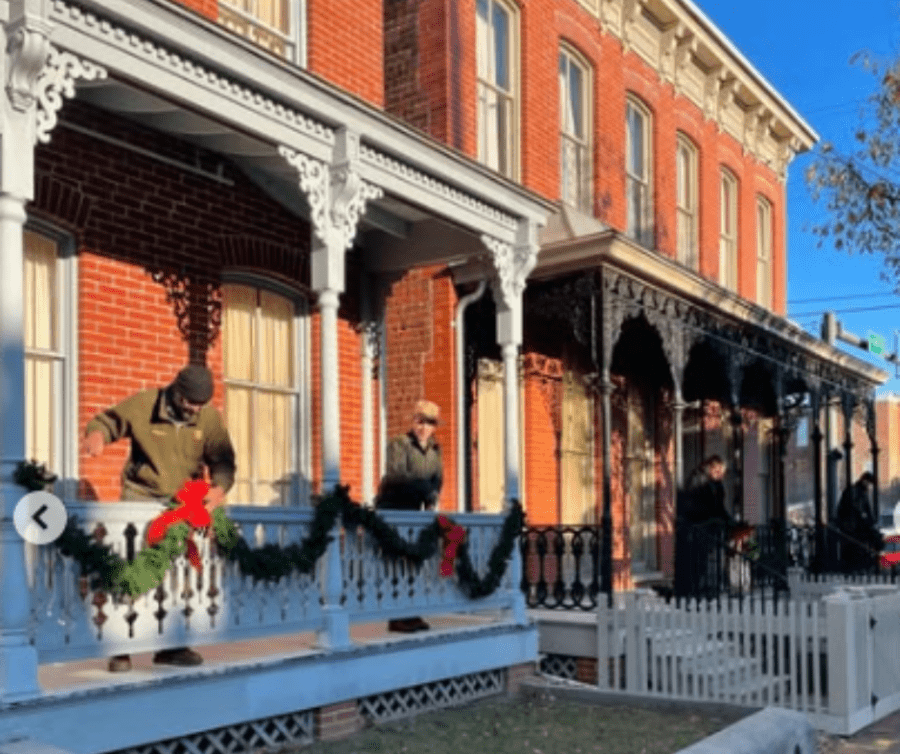
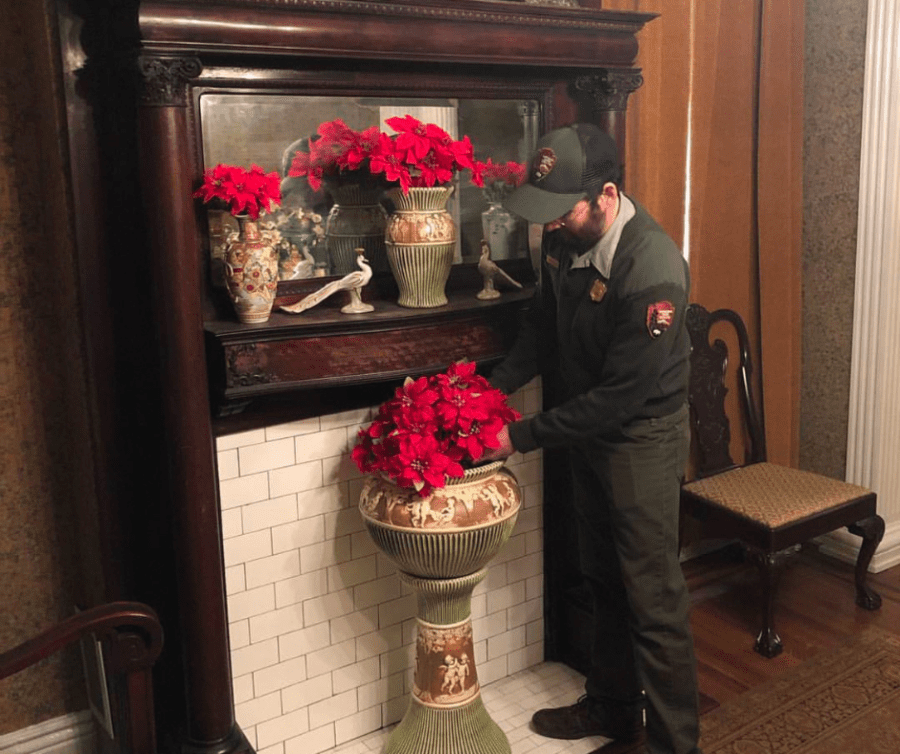
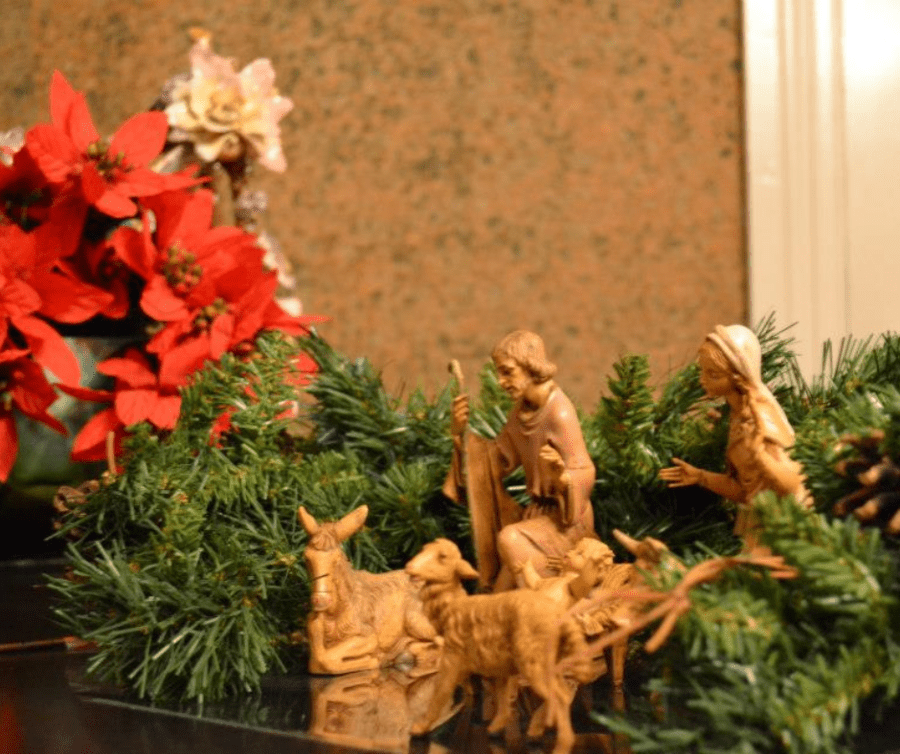
Christmas would not mean a thing to Maggie Walker, if she didn’t extend the joy of the season to people in the community, especially the less fortunate. It was her work with a mutual aid organization that catapulted her career. One of her causes, as a board member and donor, was the Virginia Industrial School for Colored Girls. In their 1920 annual report, the school mentions her generosity and how it showed up at Christmas. According to the report, 94 girls and 16 officers were the beneficiaries of her philanthropy as a member of the Council of Colored Women and as a private citizen.

![]()
 She also contributed to the Virginia Manual Labor School for Colored Boys (view receipt and correspondence here). As the co-founder of the Richmond chapter of the NAACP, she spearheaded a membership drive for the national office, which was reported as a “Christmas gift” in The Crisis.
She also contributed to the Virginia Manual Labor School for Colored Boys (view receipt and correspondence here). As the co-founder of the Richmond chapter of the NAACP, she spearheaded a membership drive for the national office, which was reported as a “Christmas gift” in The Crisis.
Home is where her heart resided, and Maggie L. Walker delighted in buying and receiving gifts at Christmastime.
“According to Walker’s 1925 diary, she spent December 22 doing “a little Xmas shopping” primarily for her four grandchildren – Maggie Laura, Armstead, Mamie Evelyn, and “darling little Elizabeth” (who would have only been one year old). Whatever stress Walker might have felt from the limited shopping time, however, appears to have been eased by seeing the holiday through the eyes of her grandchildren: “Such joy to see them happy_to hear them talk about old Santa and what they want.” ~ NPS, Instagram
Maggie Lena Walker owned at least one cookbook and the cookbook featured by the NPS was written by an African American woman, Atholene Peyton, and published in 1906. Atholene Peyton’s “Peytonian Cook Book” is believed to be the first authored by a Black woman in the state of Kentucky. Below is the NPS’s attempt at one of Atholene’s recipes, Gingerbread, which is perhaps one of the recipes served to the Walker family and guests.
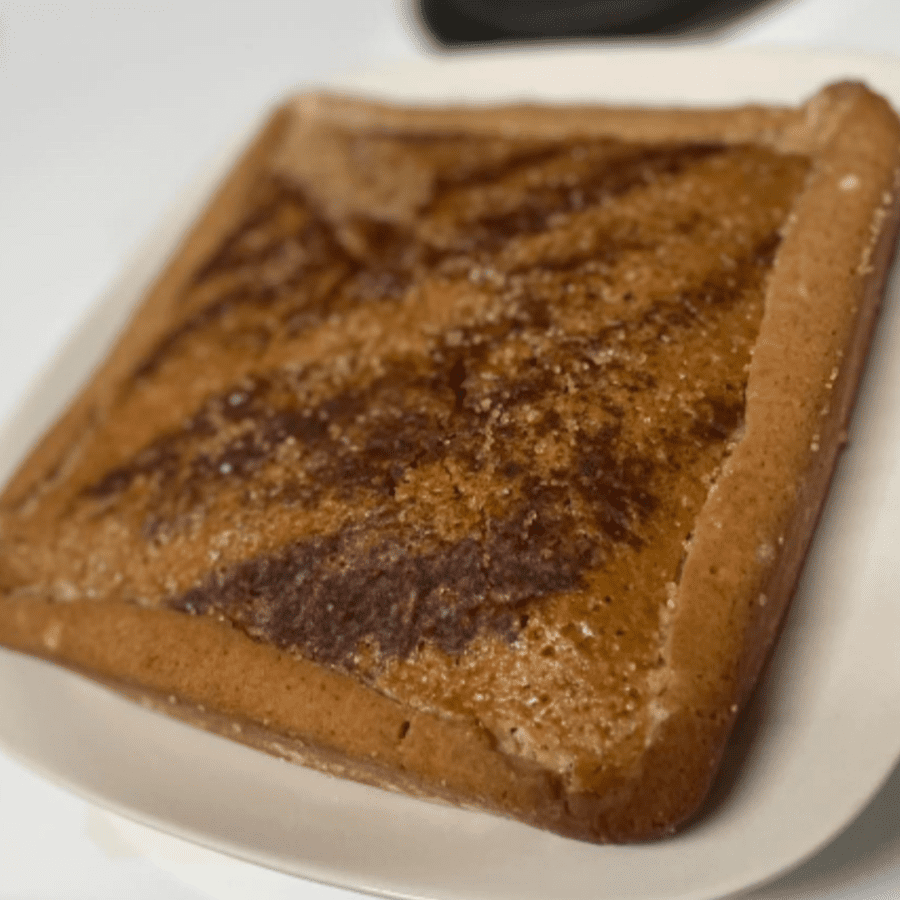
“May this Christmastide and the coming year be a happy one to you and a happy one to those whose happiness depends on you.”
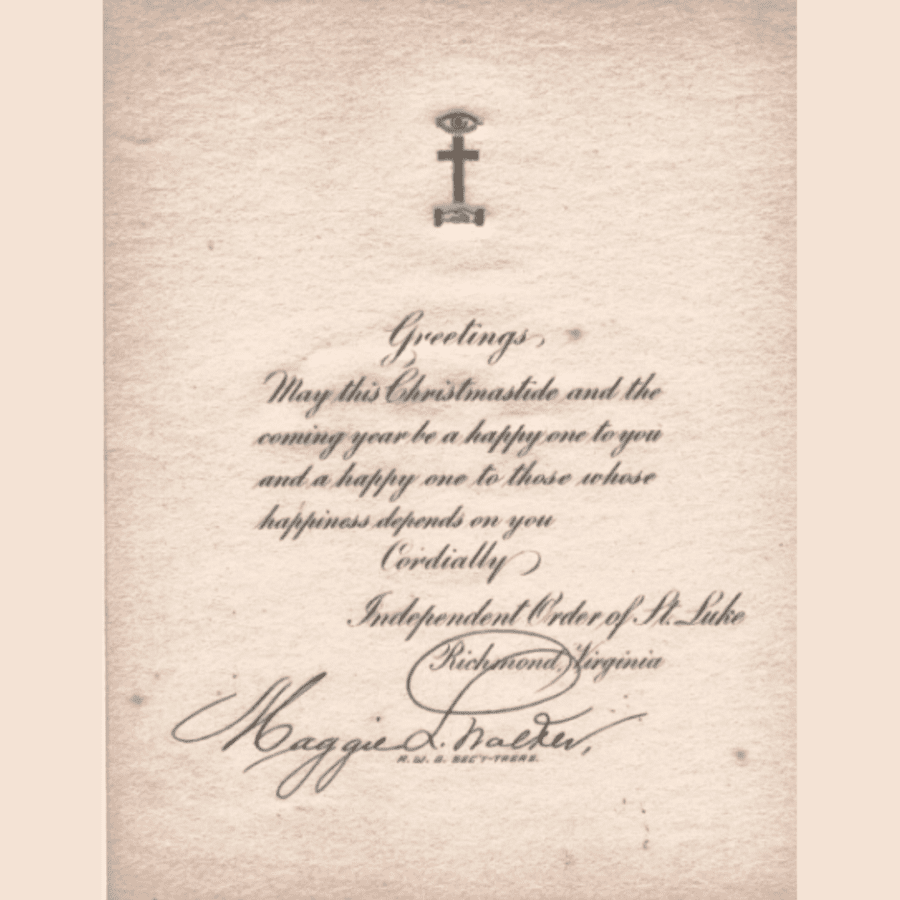
The NPS, with the assistance of Maggie Walker’s descendants, has done a phenomenal job of adding dimension to Maggie Walker’s legacy. Here are two more things they’ve revealed about her activities at Christmas:
Christmas turkeys for her staff. “For many years, Walker got what she referred to as “xmas turkeys” for her office staff at St. Luke Hall, and then paid them off in early January. According to Walker’s January 4, 1921 diary entry, she had purchased 50 turkeys in 1920, which had cost her a total of $422.50 (or $8.45 per turkey). That works out to be over $5,000 worth of turkey in today’s money!”
Gift from members of the Independent Order of St. Luke in 1903. “Christmas came early for Maggie L. Walker. To show their appreciation for her hard work – and especially for opening the St. Luke Penny Savings Bank the previous month – members of the Independent Order of St. Luke gifted Mrs. Walker a Victorian carriage and a set of two horses. The lavish gift made it into newspapers as far away as Hawaii, and was described by The Philadelphia Inquirer as “probably the handsomest and most costly present given in Richmond this Christmas.”
To learn more about Maggie Lena Walker’s accomplishments and impact on Richmond and the world, visit the NPS’s social media Instagram and Facebook. And take a virtual tour of her home on the NPS site. Approximately 90% of the furnishings and decor belonged to Maggie Lena Walker. If you’re in Richmond over the holidays, visiting her home would be a treat.
